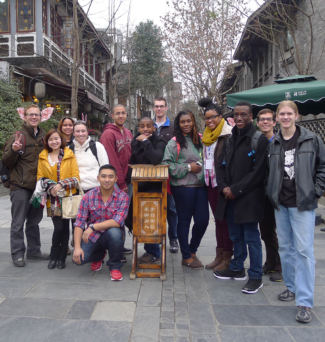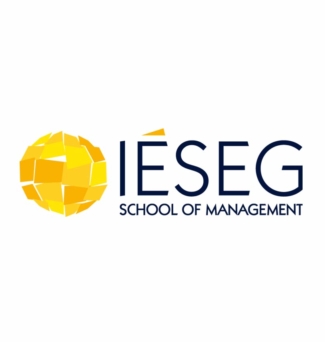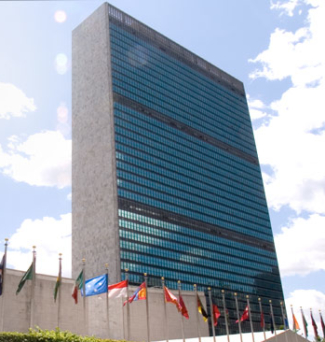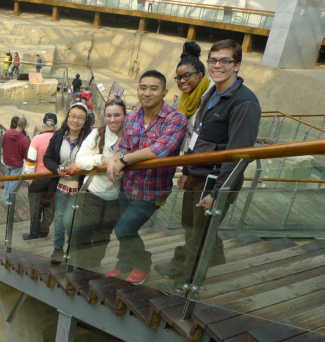Rationale for a Global Education
Global education is a learning paradigm that promotes the awareness and application of global issues and interdependencies in the teaching of every discipline, as well as across disciplines. Global education thus calls for knowledge acquisition, critical thinking, and problem-solving through which students can extend their own views and knowledge bases upon a foundation of global perspectives and understandings. Outcomes of a global education include the capacity of students to examine their roles in the global community, to develop a greater synthetic understanding of what is universal to and differentiating among peoples and societies, and to use this knowledge to inform their actions as global citizens.
Global education continues to do what higher education has traditionally aimed to do: extend students’ awareness of the world they live in by opening them to the heritage of human thought, action and creativity, and their capacity to read, write, and think. Global education responds to changes in this world pointed to by the word “globalization.” For global education, this means not a revolution, but shifts in emphasis and method.
Global education places a different emphasis on the capacities and attitudes higher education has always sought to develop in students. The communication age calls more than ever for the skills of reading, interpretation, writing, visual literacy, and critical thinking traditionally taught in higher education. The production of information on a scale unlike anything ever witnessed before makes techniques for economic access to information, and for its handling, interpretation, and use, more indispensable than ever. The accelerating interactions within and among communities, cultures, and belief systems in today’s communication order makes the capacity to recognize, understand, and respond to a variety of perspectives on human experience a quality indispensable to the educated college graduate. Global education will, therefore, place a new emphasis on the diversities and commonalities of human experience through space and time, and on the methods, from interactive and cooperative learning on one hand to education by personal initiative on the other, that will equip students for new kinds of jobs and for their tasks and responsibilities as members of society.







